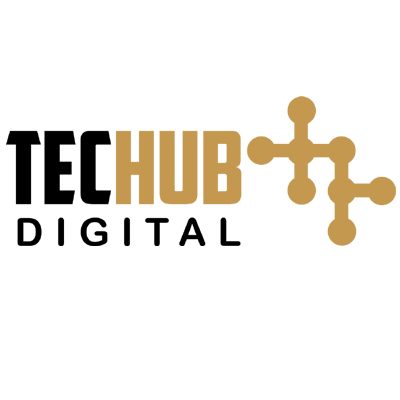
Academic research has evolved beyond dusty library shelves and handwritten notes in the digital age. Today, students have many powerful tools to enhance their research capabilities and streamline the process of gathering, organizing, and citing information. In this blog post, we will study some basic academic research tools that can empower students on their educational journey.
Best Academic Research Tools for Students
Here are the best academic research tools for students are given below:
Library Databases and Catalogs
While the internet provides vast information, academic research often demands reliable, peer-reviewed sources. University library databases and catalogs play a crucial role in this regard. Resources like JSTOR, ProQuest, and PubMed provide access to a treasure trove of scholarly articles, journals, and research papers. Learning to navigate these databases early on can significantly boost the quality of your research.
Reference Management Software
Gone are the days of manually keeping track of citations and bibliographies. Reference management software like EndNote, Zotero, and Mendeley can save students countless hours. These tools help organize references, generate citations, and create bibliographies in various citation styles. By using them, students can ensure the accuracy and consistency of their citations, a crucial aspect of academic writing.
Google Scholar
Google Scholar is a free, user-friendly search engine specifically designed for scholarly literature. It provides quick access to academic articles, theses, books, conference papers, and patents. Google Scholar also offers citation metrics, helping students gauge the impact and relevance of a particular work. It’s a valuable supplement to traditional library databases, providing a broader scope of sources.
Research Collaboration Platforms
Platforms like Microsoft Teams, Slack, and Trello for group projects and collaborative research can facilitate seamless communication and task management. These tools allow students to share resources, discuss ideas, and coordinate efforts efficiently, regardless of physical location. Effective collaboration is an essential skill in academia and the workforce, and these platforms can help students hone it early on.
Note-Taking Apps
Effective note-taking is a cornerstone of successful research. Tools like Evernote, OneNote, and Notion enable students to quickly capture, organize, and retrieve information. Many of these apps support multimedia elements, allowing storing of text, images, audio recordings, and web clippings in one accessible location. This versatility ensures no valuable insights or references are lost in the research process.
Academic Social Networks
Engaging with the academic community is increasingly essential for students. Platforms like ResearchGate and Academia.edu allow scholars to share their work, collaborate with peers, and discover relevant research. These networks also offer opportunities for students to connect with experts in their field, expand their academic network, and stay updated on the latest developments.
Grammarly and Writing Enhancement Tools
Clear and concise writing is essential in academic research. Grammarly and similar writing enhancement tools can help students polish their prose by checking grammar, spelling, and punctuation. Some tools even provide suggestions for improving style and tone. Students can produce more polished and professional research papers by integrating these tools into their writing process.
Data Analysis Software
Proficiency in data analysis tools is valuable for students involved in scientific or data-driven research. Software like R, Python (with libraries like NumPy and Pandas), and SPSS can help students manipulate and analyze data sets. These tools are particularly beneficial for statistics, economics, and science students.
Conclusion
In conclusion, many tools designed to enhance the student experience have transformed the academic research landscape. From accessing scholarly databases to managing citations, collaborating with peers, and analyzing data, these tools empower students to navigate the complexities of academic research more efficiently. Over time, as technology improves, kids who want to do well in school will not only have to use these tools, but they will have to. Students can be more productive, organized, and successful in their studies using these resources as part of their routine.

Tech Hub Digital, a one-stop destination for complete technology-related information.

